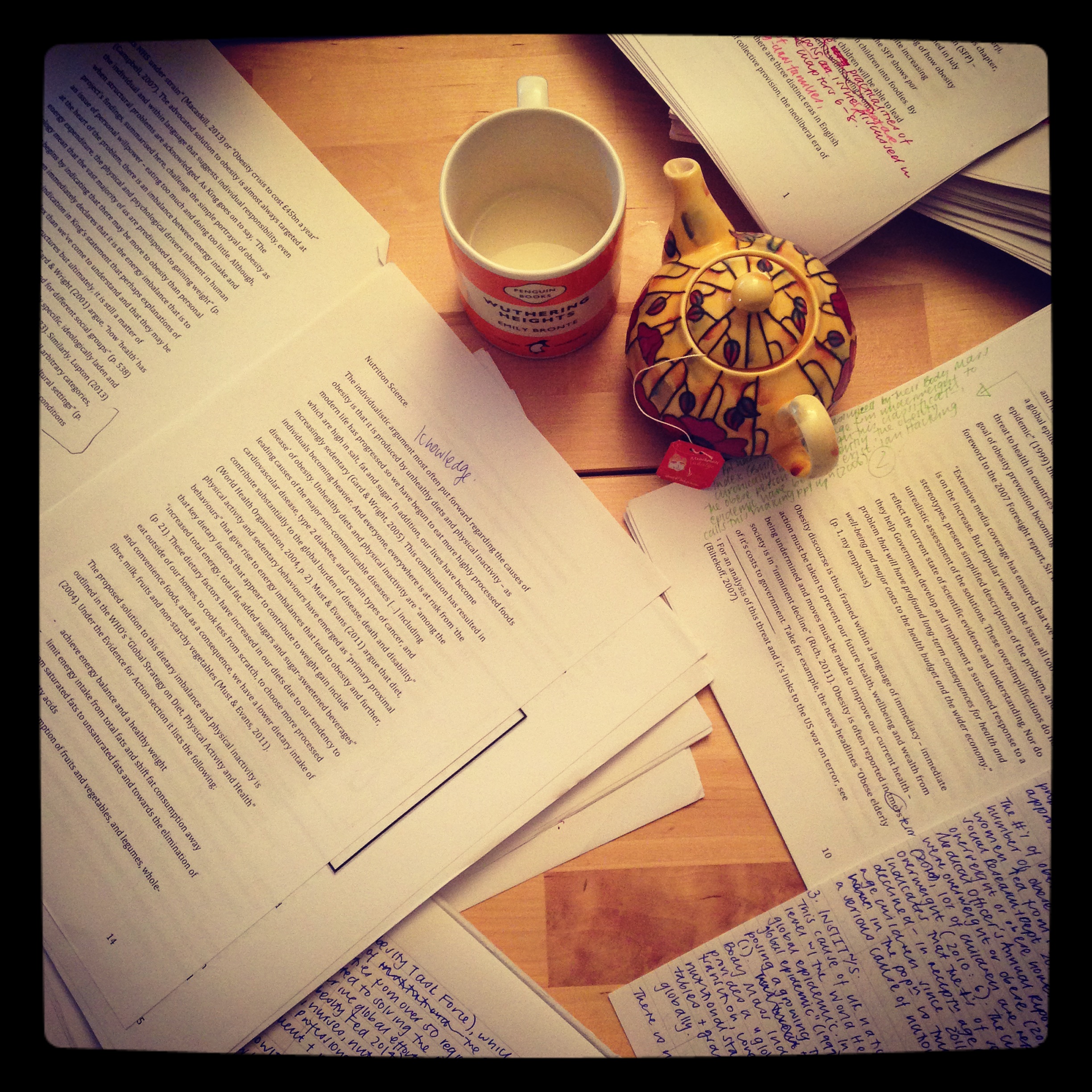
May 6, 2022, by Lexi Earl
Take control of your career #4: Writing the narrative of your work
This post is written by Dr Peter Noy, Associate Director of Research for the Future Food Beacon.
Over the last few months I have been giving talks on how to navigate your career to achieve research independence. The single theme that runs throughout these talks is developing a clear narrative for your career story. To have a successful career in research you will have to engage an external audience, and what captures someone’s attention best? A good story. Whether you are engaging with the public, translating your research for business or government, or applying for a job, fellowship or external grant funding, at each career stage you will need a story that excites and demonstrates that you are the right person with the right background to deliver.
Qualitative vs quantitative CVs
My talks are almost certainly influenced by the roll out of UKRI’s narrative CV as an alternative to the traditional CV and builds upon the Royal Society’s Résumé for Researchers. This is a move away for the standard academic CV and the conventions that it established (lists of publications, grant awards, conference presentations etc), which often lacked context and limited the field of view of the reviewer to a narrow range of parameters that were considered evidence of an exceptional researcher. This has led to anxiety in our early career researchers, who ask: “do I have enough publications?”, “are they good enough journals?”, “have I got enough grant funding?” and “what do I need to do more of?”. This old approach lacks the diversity that research needs for innovation and for me, the narrative CV is a welcome change. The narrative CV not only gives applicants the opportunity to include a wider range of activities but it also gives them a canvas to paint a richer version of their story and in particular, the influences that drove them to their project ideas. It is an opportunity to show where, throughout their career, they were influenced and how combinations of experiences have played a part in developing their research interests.
Every career has a story
Having a clear career pathway in research and following it is rare. Most careers have unexpected twists and turns, and new, unseen opportunities arise. This is actually the beauty of research – navigating and stepping into the unexpected and unknown. It is also part of scratching that curiosity itch. Like creating a spin out company because of an exciting commercial opportunity or moving to a role with a funder because you have a chance to change the sector, or taking a career break to work with a stakeholder or policymaker. All of these activities are great moves for exploring opportunities within your career, however, no matter where you end up in your career, stepping back and telling the story of why you got there and how it is important to your research and your ideas is critical. Don’t think that the narrative you have told up until this point is the one you need to live by. You can re-tell your story however you want.
My story: from molecular biologist to grant and partnership facilitator
As an example, I’ll talk about my own story. During my first post doc (as a researcher working on markers of the tumour associated vascular system), my story was that I was a molecular biologist looking at the transcriptional regulation of the Vascular Endothelial Growth Factor family in leukaemic stem cells. This exposed me to a world of research looking at vascular plasticity, how the vascular system can be acquired in solid tumours and the role of blood cells and vascular cells in the growth and development of tumours. During my second post-doc (as a researcher working on membrane proteins of blood and endothelial cells involved in heart disease) this story evolved. My training grounded me in immunology and blood cell development, and my post-doctoral research experience investigated vascular cell dysfunction and its role in disease. Then I went for a non-academic role developing grants for the Institutes of Cardiovascular Research and Metabolism and Systems Research. I was able to say that I had an extensive research background in cardiovascular sciences and the role of metabolism in heart disease; I had experience communicating with different audiences (demonstrated through representing the British Heart Foundation at the Conservative party conference amongst other public engagement activities); I had extensive experience writing grants (including successful awards as a post-doc and supporting my post-doctoral supervisors); and I had broad research interests (evidenced by my time as a reviewer for our local ethics panel). This story changed again for my current role and will continue to morph during the next phase of my career.
Tell your story in context for your project
Ultimately, what you should take away is that your story evolves and is constantly evolving. Every experience is a new data point and different data points contribute to different research ideas. Your CV shouldn’t be a static list of achievements, it should be a dynamic narrative that adapts to your project and the opportunity you are targeting. Reviewers will then be able to engage with your story and identify how your career journey has evolved, and that can only be a good thing.
Find more blogs in our ‘Take control of your career series‘.
No comments yet, fill out a comment to be the first

Leave a Reply